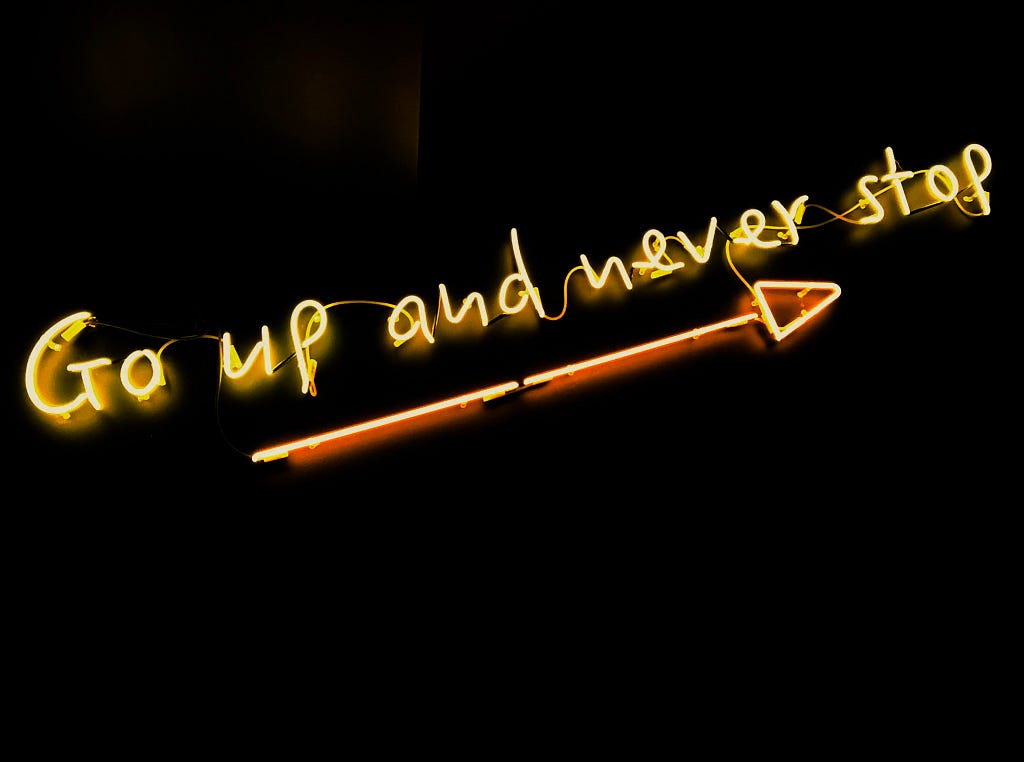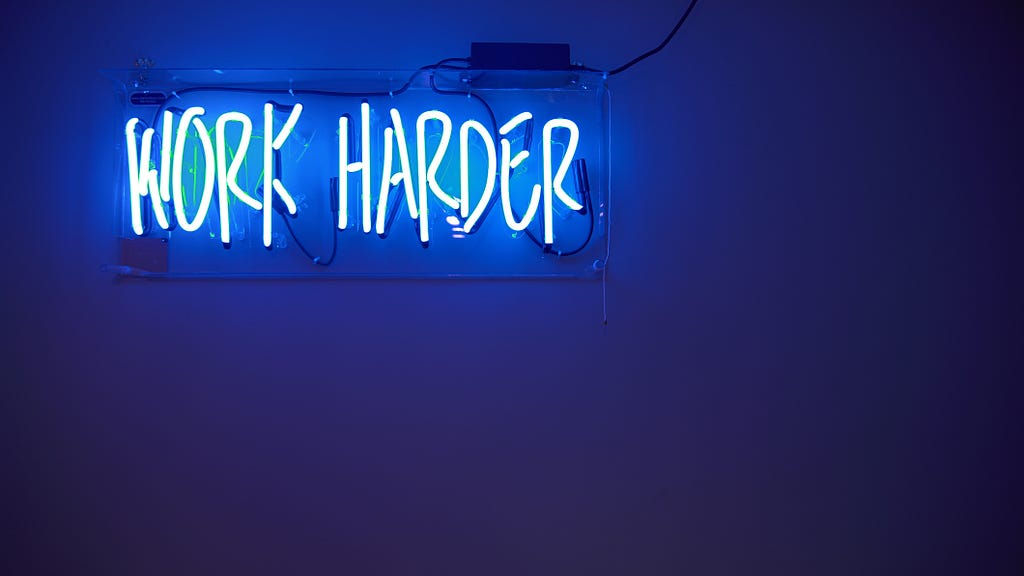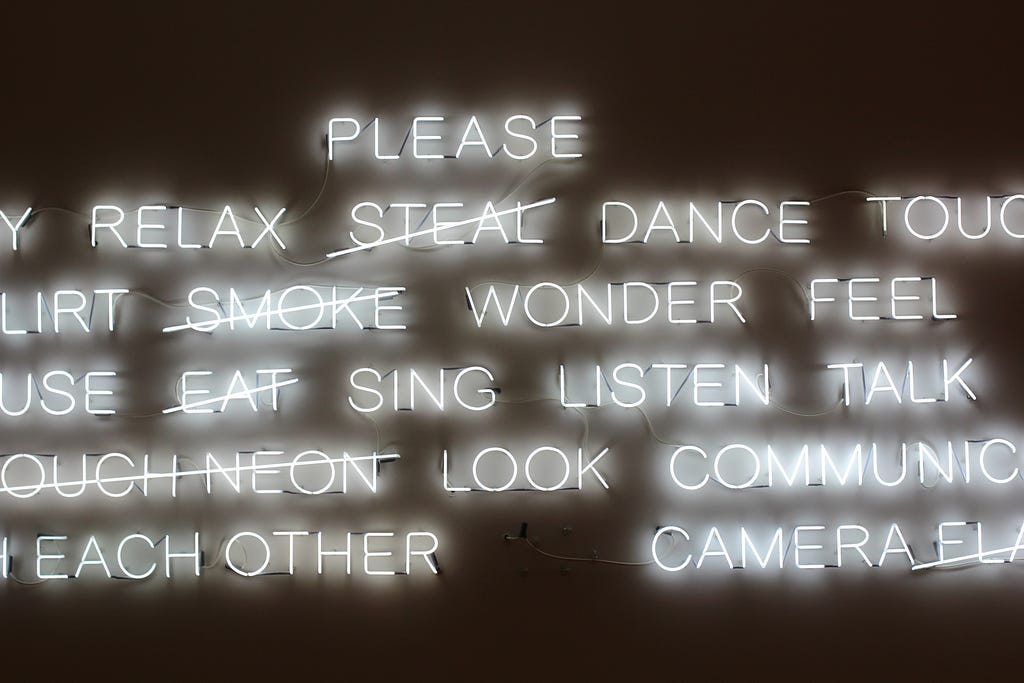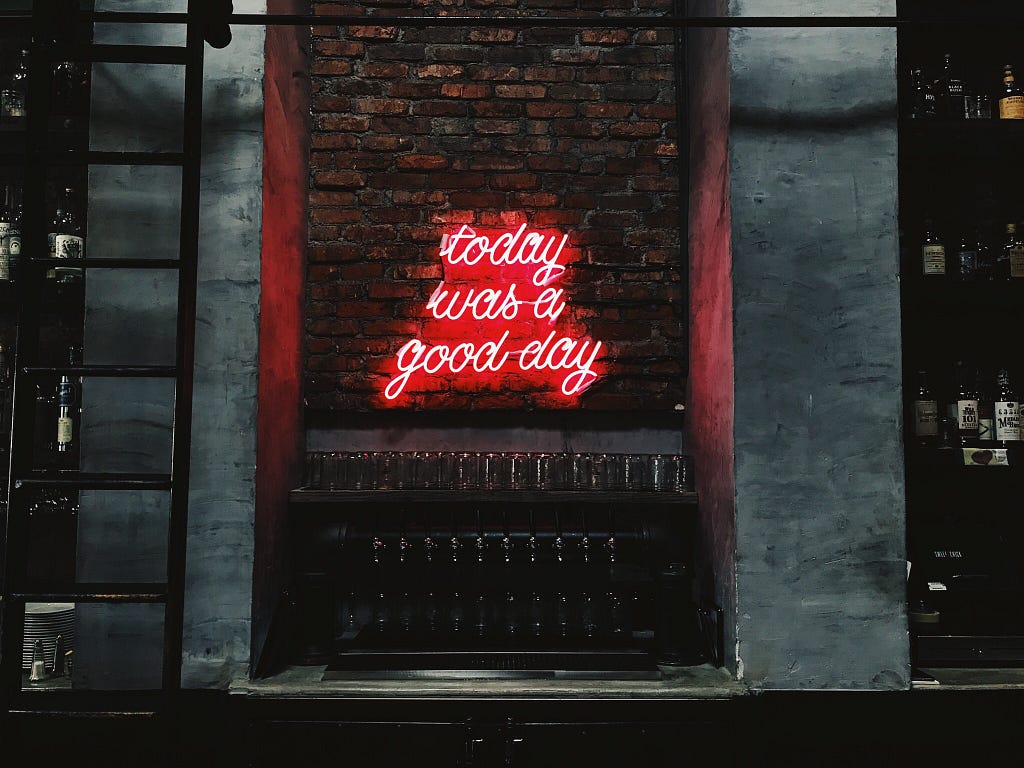Latest news about Bitcoin and all cryptocurrencies. Your daily crypto news habit.
 Rikki Chan via Unsplash
Rikki Chan via Unsplash
Being a founder is a truly crazy experience. Especially when you’re brand new to life inside the bubble of of a rapidly growing early-stage tech company. When my cofounders and I started Riskopy, I’d already built two businesses and worked as a designer and programmer for some years. But this was a different beast. We were diving into the heart of the San Francisco startup scene and landing with the biggest splash we could manage.
I guess we did something right, because we built, launched, and chugged through dozens of iterations (and one pretty huge pivot) before making an exit at the end of our first year. And if I’m being honest, I learned more in that year than in the rest of my career put together. Here’s how we made it happen.
I learned these lessons from my experience. I believe many to be fairly universal to startupland. (Though some more for B2B companies than B2C.) Others utterly contradict conventional startup wisdom. I don’t speak for everyone. And that’s fantastic. If your idea is brilliantly weird and different, you get to throw everything out the window. That’s the best bit about building something new and exciting anyway.
What we built
Simply put, Riskopy is a machine learning tool for finance providers. It aggregates and contextualizes data on millions of businesses to help our users monitor their clients’ portfolios for risks and opportunities.
“Fail fast.” –every tech worker who loves a platitude
Our unique situation came with its benefits and challenges. All three founders had previous founding experience, albeit in different domains and in different business contexts. Luckily, we didn’t believe for a second this meant we knew what to expect. But we could learn on our feet, put our work out there tenaciously, and execute fast. That prepared us for much of what came our way. We also weren’t afraid to try things and make mistakes, or “fail fast” as every tech worker who loves a platitude says. So when something didn’t work, we could move forward with little harm done.
What worked
Always be talking
To everybody! Don’t discriminate and don’t be a snob. You never know who can help you, or who you can help. Talking about what you’re working on and what you can help with is the gateway. It pays back a hundredfold to do as much as you can to support the people around you. Goodwill is a powerful currency. Does that sound mercenary? It is. But it only really works if you’re kind and supportive, not phony and greedy.
The people you help are the people who will evangelize for you. Or they’ll just mention your company to their cousin Ted, who does DevOps at Lyftbnb, ‘cause your software sounds like just the kind of software his team would be keen to pilot, they’ll send you an intro. And that is the start of how everything gets done, crazy as it sounds.
The right mix of skills on a founding team
The following combination of abilities worked so well for us. I can’t think of any other founding teams that look like this, which is a shame.
- CEO / CTO — Ahmad covered anything and everything to do with our repository of knowledge, along with our business development. He trained as a data scientist and has a background in finance. He brought the domain expertise to the team, and coded the backend. Not to mention, had final say in all the hard decisions. (Most teams should split this between two people. Ahmad is just kind of a superhero.)
- All things design (UX, UI, and product) / front-end development — I covered anything and everything to do with the look and feel of Riskopy. My mission was to get as deep as I could into the heads of our potential users. And as I got more comfortable in our domain, Ahmad could offload higher product decisions to me.
- Marketing, sales, and outreach — Mike covered anything and everything to do with getting more eyeballs on us.
We shared a heavily symbiotic relationship and were always dependent on each other to get our work done. When you have cofounders you can trust, this works fabulously. We could achieve an incredible amount between just the three of us.
It’s also worth mentioning: the team comprised of a Middle Eastern man and an American woman (and we’ve lived in ten different countries between us) plus a decade-and-a-half older English father of three. Our diversity was valuable.
“Kill your darlings.” –every writer who loves a platitudeDon’t get attached
Your first idea is probably terrible. I’m sorry to have to be the one to tell you this. Luckily, there are one or two nuggets of brilliance in there. Your job is to strip everything extra way to find that nugget, and rebuild from there. So please, don’t get precious about it. Your emotions will only hold you back here.
Down the line, there may also come a time when you’ve poured your life into building something amazing, it’s just starting to maybe possibly begin to pay off, and a big company knocks on your door offering to buy you out. You will not want to sell. You will feel on top of the world, and you’ll want this feeling to last forever. *Selling feels like quitting. Like failure instead of success. But if you take your feelings out of it, this also might be a good time to cut your winnings. I don’t know what’s right or wrong for you, but if that time comes, try to have a little objectivity.
We got lucky
We paid a fraction of what we should’ve for our coworking space due to an accounting error, and nobody seemed to mind. My oldest friend’s boyfriend happened to be an early employee at one of the companies we wanted to reach most. We had a useful idea at a moment when “fintech” was the hottest buzzword in the Bay Area. We had the resources to live in San Francisco on a salary that barely covered rent and snacks. My cofounder got a visa the week before Trump’s Muslim ban kicked in. So. much. is. down. to. luck.
What didn’t work
Bothering with aesthetic design
Unless you’re building a B2C product for irritatingly discerning millennials (👋 hi, I’m your girl!) — you’ve got to take all your ideas about branding and character and pretty visuals off the table. If that’s not really and truly what you’re about, it’s a distraction, and distractions are a waste of time you can’t afford right now. As a designer, I know how painful it can be to spend fifteen hours a day staring at a screen that’s plain as hell, and you’re the one who made it that way. But you’ve got to take your ego out of the game. (Noticing a theme yet?) Focus your design efforts on the only thing that counts: your users. Until you have a very strong understanding of your users, anything beyond a barebones interface is a waste. Which brings me to…
Traditional user research
When nobody’s using the product yet, you have to work with what you’ve got. I relied on interviews with interested potential users. I found product managers at these companies to be the most fruitful to talk with. Give them a walkthrough demo of the product, and see how they react. Or better yet, give them minimal context and let them play around. See how they handle it and what questions come up. Be careful though, because you simply can’t give the same weight to someone’s feedback when they’re not a stakeholder.
Content marketing
Your mileage may vary, but it takes some miraculously valuable content to draw any kind of sustained attention these days. My favorite example of this is the Unsplash story. And it was so damn useful, it’s a successful company in its own right now.
We got unlucky
Timing couldn’t have been worse. We were trying to make deals at the end of the year, when every business is trying to tidily close their books. I got bronchitis and had to ditch the team for a few days to watch Westworld in bed during a critical pivot. You put in the work, do everything right, and yet… So. much. is. down. to. luck.
Words of caution
Don’t utterly abandon self-care
During our stay in San Francisco, I hiked to the top of Mt. Davidson most mornings, between our early morning calls to Europe and the Middle East and our late morning meetings around the city. That’s because nature is my happy place. Respect your happy place. That’s the stuff that sustains you.
Only join an accelerator if it’s a perfect fit
It may seem like a golden opportunity if you have the chance to join one. But you’re making a big sacrifice in the future of your company to be there. Your time, energy, and company equity are on the line, and these resources are finite and precious. What will they teach you? Who will they connect you with? What are the alums’ track records? If these are not precisely the people you need in your corner, in no uncertain terms, you should pass. From the outside, venture capital seems like a big fun ballpit full of money. But it’s not to be undertaken lightly. Always bootstrap your business if you can. The tech industry will try to shame you out of this approach. Don’t listen. (Better minds than mine have written about why.)
Nobody cares about your tech stack
…beyond the extent that it’s secure and (mostly) works. It’s too early to fix your mindset around your programming languages, and it’s all going to be rewritten anyway, so be open and agnostic. This goes for design systems, too. You don’t need one yet.
Nobody cares about your idea, either
So don’t be protective. And for godsakes, don’t embarrass yourself by throwing around an NDA. Share what you’re working on and be open about your ideas and goals. Better yet, build something useful. People might even start to care.
Words of encouragement
People are more supportive than you’d expect
…mainly because they have nothing to lose by being nice to you, when you never know who’s the next Lyftbnb. But if you go in to every encounter with a positive attitude, offering generosity and support to the people you meet along the way, it comes back around in all kinds of ways. (Thanks, Universe!)
You can work harder than you know
I’ve always held work-life balance as sacred. It was daunting to throw this out the window indefinitely by becoming a founder. I wasn’t certain I could hack it. But I did, and it turned out that putting in the work was the easy part. I had two incredible cofounders who completely had my back. We were in it together to build something fun and useful. That’s the kind of work you can be passionate about, and deeply proud of. It was honestly a joy and a privilege to let it fill up my life for a year.
You can do the thing!
When you’re just starting out, you’re likely nervous and confused and full of doubt. (And if you’re not, I hope you’re being at least a wee bit self-reflective.) But if you’ve got a problem to solve and a solid head on your shoulders, you’ve got the foundation you need to make it work.
👋 I’m Sarah — a designer, maker, former founder, remote worker, and all-around pixel person. Hit me up on Twitter or in the comments if you’d like to chat! 💙
A highly biased and anecdotal guide to founding a successful* startup was originally published in Hacker Noon on Medium, where people are continuing the conversation by highlighting and responding to this story.
Disclaimer
The views and opinions expressed in this article are solely those of the authors and do not reflect the views of Bitcoin Insider. Every investment and trading move involves risk - this is especially true for cryptocurrencies given their volatility. We strongly advise our readers to conduct their own research when making a decision.




